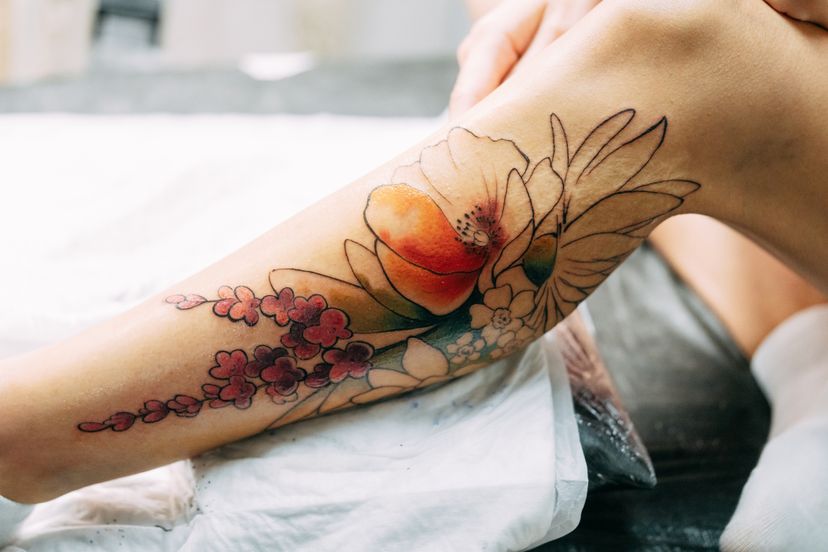
Unfolding the Rich Tapestry of Flower Tattoo Symbolism
Flowers have long held a captivating allure, enchanting us with their vibrant hues, delicate petals, and intoxicating aromas. But beyond their aesthetic charm, these botanical wonders have also served as powerful symbols, carrying rich cultural and personal meanings that have inspired countless individuals to immortalize them as tattoos. From the ancient Egyptians to modern-day enthusiasts, the enduring fascination with flower tattoos reveals a deep-rooted human desire to connect with the natural world and express our innermost thoughts and emotions through the language of flora.
Advertisement